A few years back I took a course on strategic planning for small business. When the floor opened for questions many revolved around building teams. What kind of skills should you look for when building a team, is experience more important than education, are soft skills more important than hard skills, at what point of the project should you bring on a new team member … that type of question.
But the topic I found the most interesting was around how to build a good team. The discussion spiraled on subjects we had previously discussed. Finally in exasperation, one attendee said, “Yes, I understand all that, but how do you build a good team?”
The lecturer paused, looked straight at him and answered, “Build a good team”.
It seemed a simplistic joke but as he went on to explain, it had a great deal of merit. It means that in order to have a successful team you must build a good team.
Still too simplistic? Below is the discussion that followed on how to build a good team.
Wicked Way #1: Know your goals and your objectives
Number one, number one, number one. Always know your goals and objectives. Keep these clear in your mind. Write them on a piece of paper and stick them to your wall in a prominent place. If it’s a project deadline, if it’s gross sales, if it’s a percentage of growth, write it down. Paper remembers, people forget.
Wicked Way #2: Define roles and set expectations
Define the roles that you need in order to meet your goals and objectives. Fill these roles with people who can meet them. When you are interviewing to fill the roles, make it clear what your goals and objectives are and set expectations.
The person you interview may have the best qualifications and a great attitude but if they don’t know what you want and they don’t know whether they can do what you want, you are relying on a wish and a promise, neither one is a position for success.
Wicked Way #3: Provide feedback
Once you have a team, continue to set expectations. Provide feedback. Let the person know what they are doing right and what they are doing wrong. Always ask yourself and the team, will this activity help move us towards our goals and objectives? If it doesn’t, stop immediately.
Find out what will work. Then move on. And when the work your team member is helping to meet your goals and objectives, acknowledge and reward.
THAT’S IT
There you have it. Simple. Easy peasy.
How to build a good team… build a good team.

